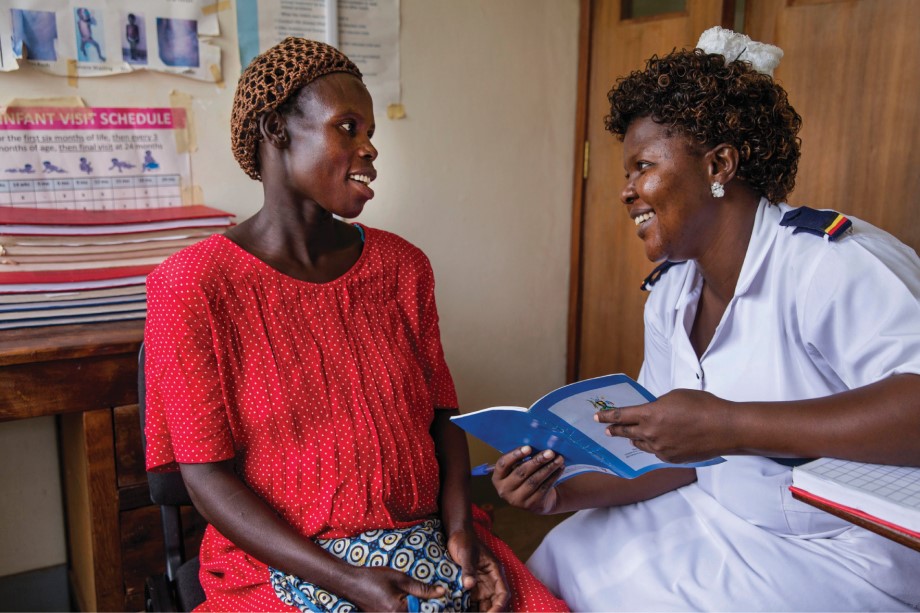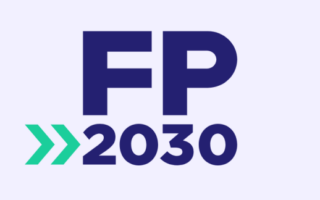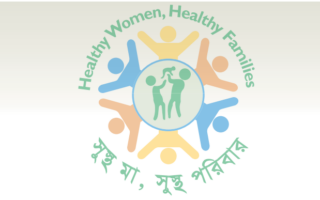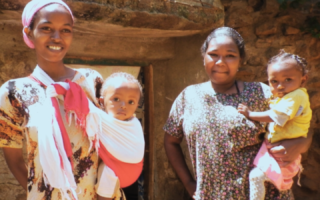
High-quality services are critical to improved health and development. However, even where these services exist, broader factors like social norms and belief systems hinder people from accessing those services.
Social and behavior change (SBC) programs raise awareness, reduce misinformation, and address barriers that prevent individuals, families, and communities from practicing health behaviors and seeking health services in a timely fashion.
Breakthrough RESEARCH is USAID’s flagship SBC research and evaluation project to drive the generation, packaging, and use of innovative SBC research to inform programming. Implemented from August 2017 until July 2023, Breakthrough RESEARCH is led by the Population Council in collaboration with our consortium partners: Tulane University, Avenir Health, Population Reference Bureau, Institute for Reproductive Health at Georgetown University, and ideas42. Breakthrough RESEARCH also works closely with its sister project, Breakthrough ACTION, as well as other implementing partners working on SBC and service delivery. The project’s approach is to foster collaboration and shared learning, ensure SBC programs are based in ‘what works’, elevate the impact of evidence-based SBC programs, and put evidence into practice.
Breakthrough RESEARCH is supporting countries to improve health and development by equipping governments, implementing partners, service delivery organizations, and donors with the data and evidence they need to integrate proven and cost-effective SBC approaches into their programs.
The project pursues four main objectives:
- Build consensus around priority SBC research agendas by engaging key stakeholders to establish priorities and identify research gaps to improve SBC programs and approaches.
- Generate rapid and high-quality evidence to enhance SBC programs by using state-of-the-art research and evaluation methods to generate data that can be used to inform real-time program adaptation as well as longer term planning and investments.
- Package and share what works for SBC programs by translating existing and newly generated evidence into audience-tailored, action-oriented messages in user-friendly language and accessible print and digital formats.
- Put evidence into practice by supporting key stakeholders—USAID missions, country-based program implementers, service delivery organizations, and others—to promote improved SBC policies and programs.
Breakthrough RESEARCH generates a global evidence base for SBC across four main legacy areas: provider behavior change, integrated SBC, advancing SBC measurement, and SBC costing and cost-effectiveness. Current highlights include:
- The project led a consensus-driven process to develop research and learning agendas for integrated SBC programming and provider behavior change programming that identify crosscutting SBC knowledge gaps and key research questions with broad applicability at global, regional, and local levels and across health sectors.
- The project demonstrated the cost-effectiveness of SBC investments for family planning, malaria, and nutrition and developed SBC Business Cases to illustrate that investing in SBC is crucial for improving health and advancing development. The business case for family planning has been used to inform USAID’s High Impact Practices in family planning.
- In francophone West Africa, innovative research has strengthened programming for youth and generated global guidance for applying social listening and social monitoring techniques to inform program investments.
- Breakthrough RESEARCH has advanced SBC measurement through briefs that provide twelve priority indicators for strengthening SBC approaches in family planning programs and a technical reference sheet for using the project’s novel provider authoritarian attitudes scale.
- The project identifies and addresses barriers and opportunities to support provider behavior change programs across several settings and health topic areas. Breakthrough RESEARCH’s work on respectful maternity care in Zambia was adopted by implementing partner SM360+ and provided important inputs into the development of national guidelines for respectful maternal care. These findings and recommendations were also adapted and contextualized for implementation in Liberia by Breakthrough ACTION.
- Through repeated cross-sectional household surveys in Niger and Nigeria, the project is building the evidence base for integrated SBC programming, undertaking novel analyses to understand the psychosocial influences and intermediate determinants of health behaviors such as family planning, maternal health, child health, and nutrition.




